Anti-govt. protests resume in Lebanon as political vacuum persists
Protesters in Lebanon have blocked major roads in a new wave of anti-government protests as the Middle Eastern country suffers from a months-long political vacuum.
On Tuesday, dozens of protesters resumed blocking a number of major roads and burning tires in the capital, Beirut, and other areas of the small Mediterranean country in what they called the beginning of a “week of wrath,” demanding an end to a nearly three-month political vacuum.
Lebanon has been facing a tough economic situation because of the policies of successive governments, prompting people to hold numerous protest rallies since October last year, when the government proposed imposing a tax on WhatsApp calls, along with other austerity measures.
On October 29, then-Prime Minister Saad Hariri, under pressure from unprecedented cross-sectarian protests, stepped down, creating the political void.
In December, Hassan Diab was designated prime minister. He vowed to form a government made up of “independent specialists” who did not belong to political parties. However, the 60-year-old former education minister and self-professed “technocrat” has so far failed to form an emergency government amid political divisions and jockeying for power, leaving Lebanon with no choice other than having a caretaker government.
Separately on Tuesday, Lebanon’s President Michel Aoun said that “obstacles” had blocked the way for the formation of a new government, which had been expected last week, stressing that the country was currently paying the price for 30 years of wrong financial policies.
Following a lull, protesters on Tuesday said they were resolute to force authorities, accused of being inefficient and corrupt, to resign and to form an independent and capable government.
“We’ve gone back to closing down roads because we can’t stand it anymore,” said a protester, a mother of three, adding, “What we earn today is not enough to buy the basics for home.”
There were rallies on Tuesday in other cities, too, including in Tripoli, the second largest city of Lebanon, and the southeastern town of Hasbayya.
During the past few months, many Lebanese have lost their jobs or seen their salaries halved.
Iran renews warning about Israeli intentions amid diplomatic engagement with US
Our missiles have put Zionist regime in its place: Iran’s top security official
VIDEO | Iran's Beirut Embassy marks Islamic Revolution anniversary
VIDEO | Protests renewed as Israel advances execution law for Palestinian prisoners
VIDEO | Gazans rally against attempts at undermining UNRWA
Melina Asadi is a testament to Israeli, American crimes: General Vahidi
Israel kills five more Palestinians in Gaza amid ceasefire violations
Israeli minister says Netanyahu's new measures 'de facto sovereignty' over West Bank


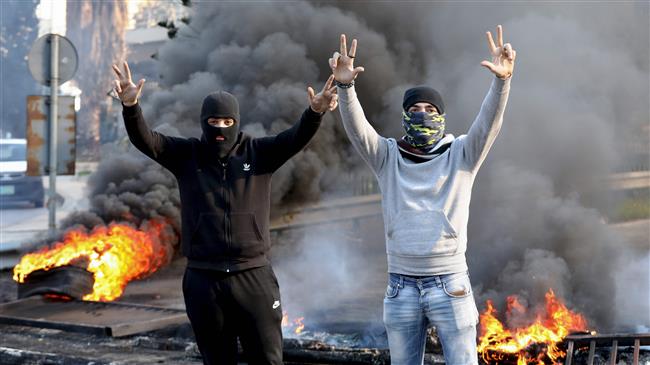


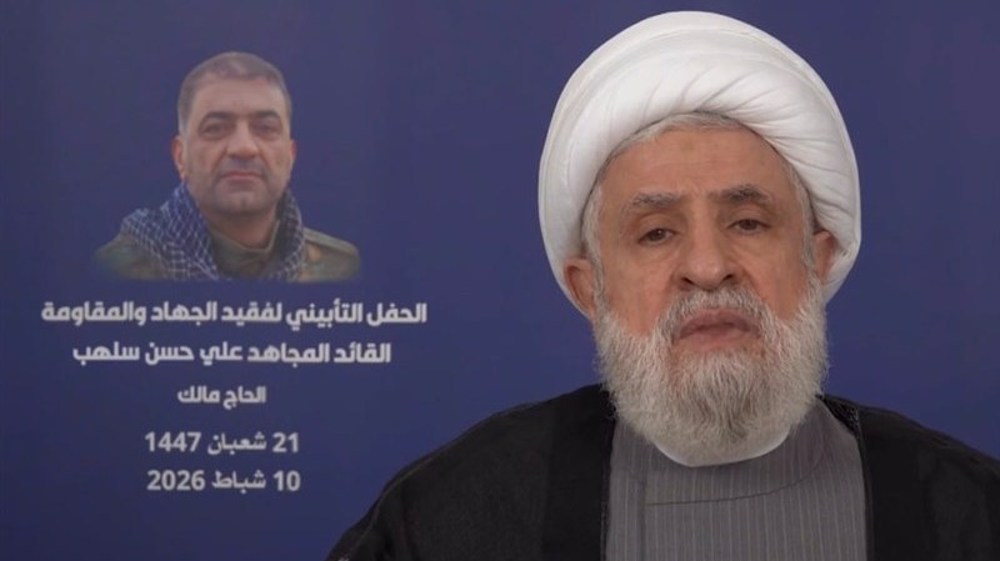

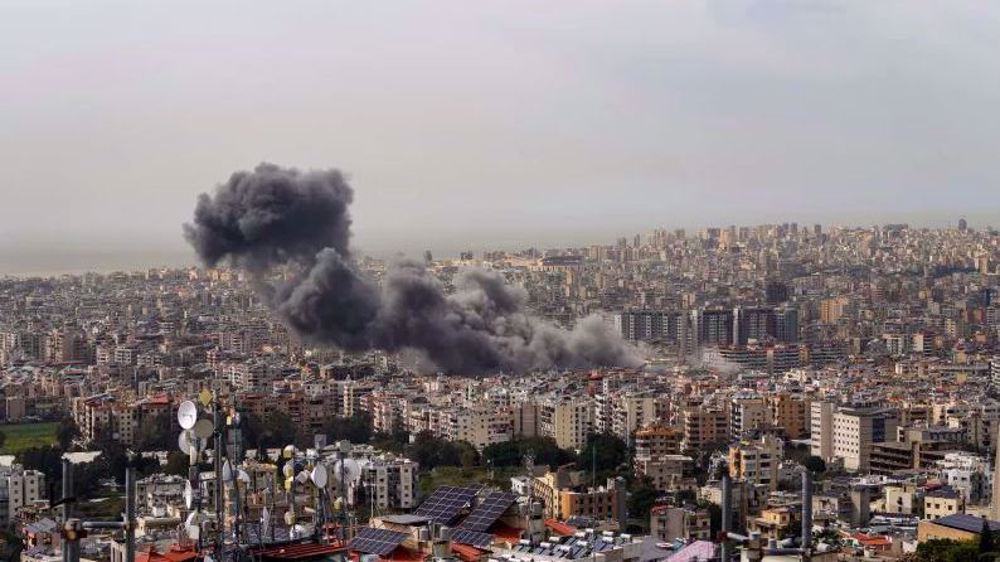



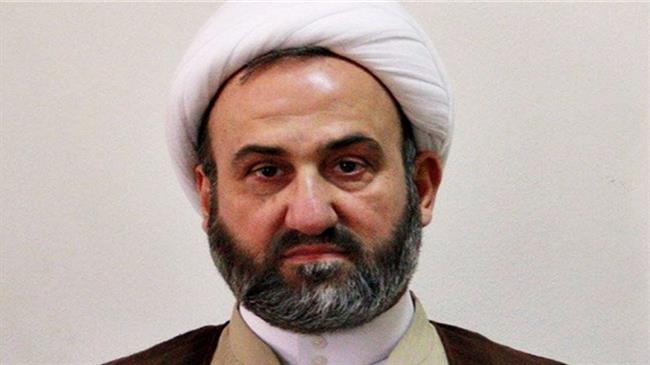
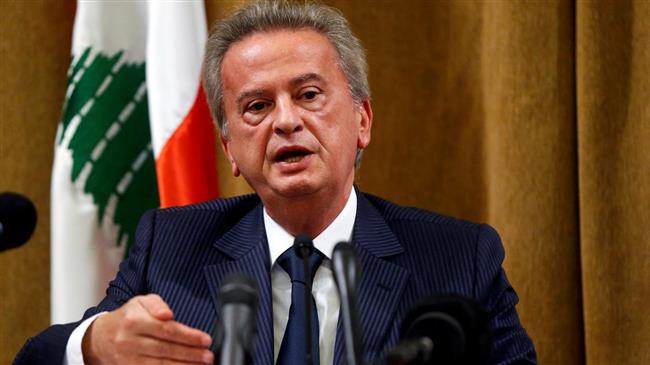
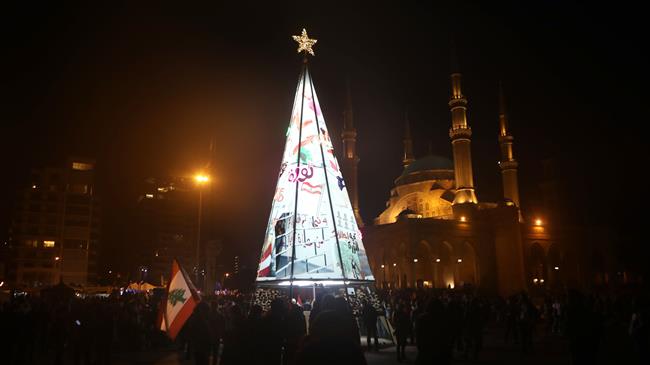
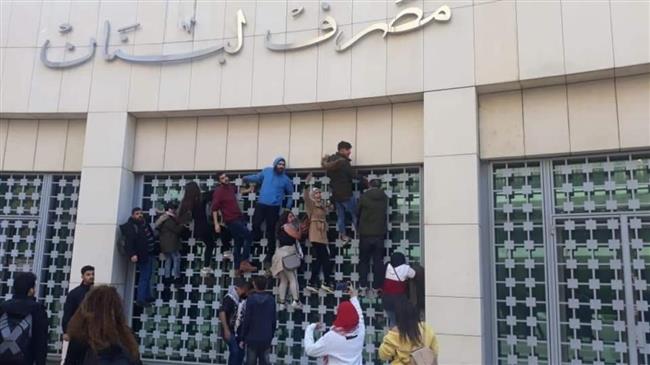
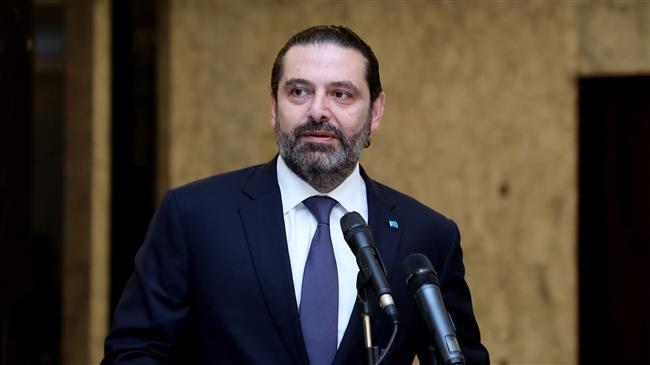

 This makes it easy to access the Press TV website
This makes it easy to access the Press TV website